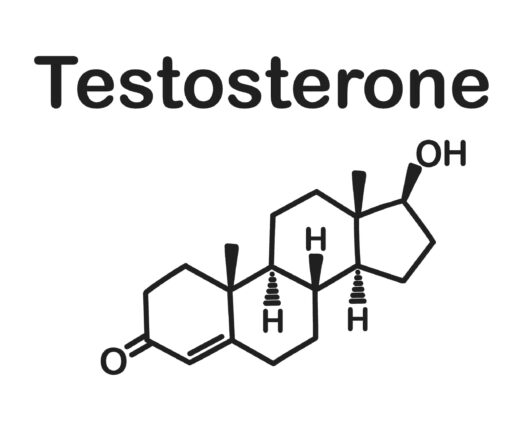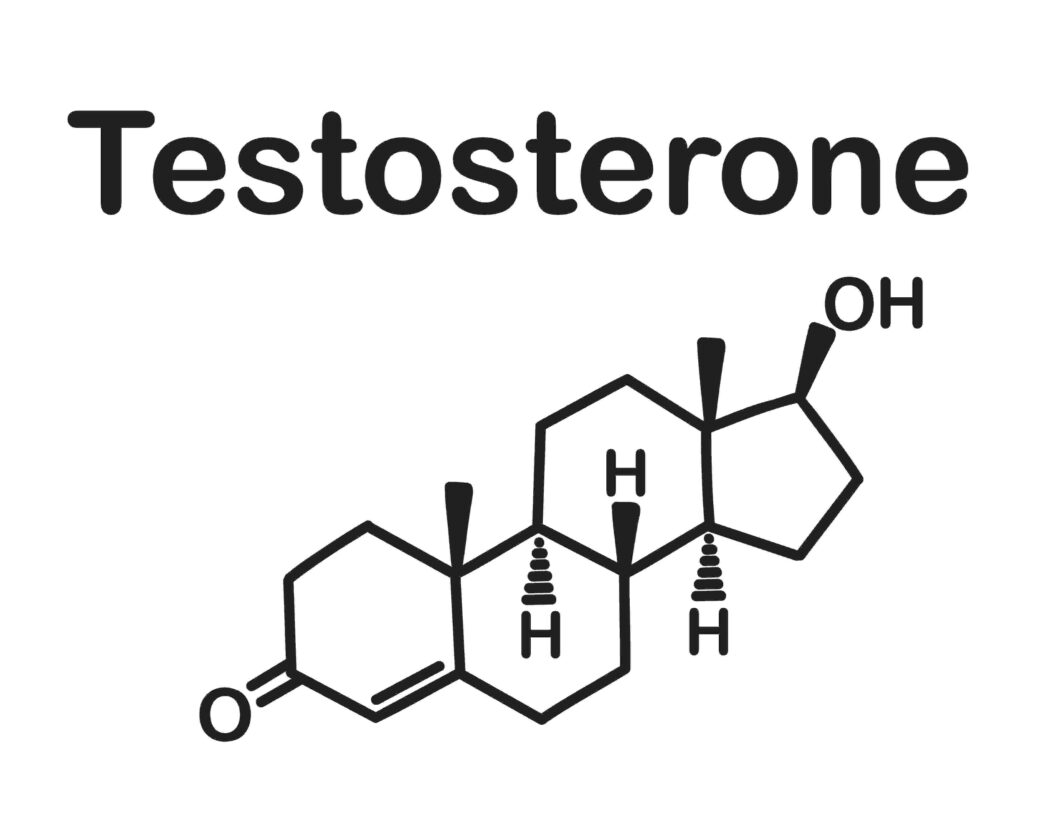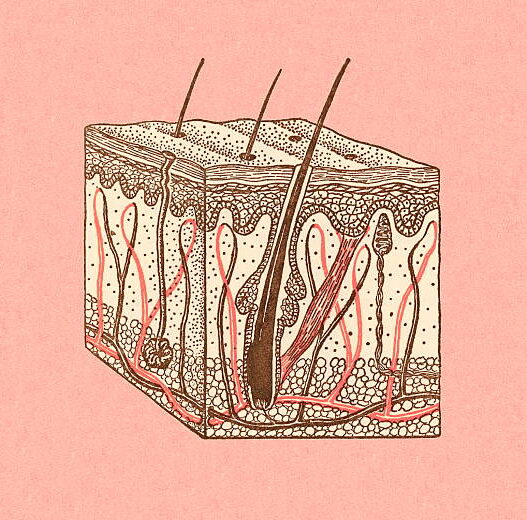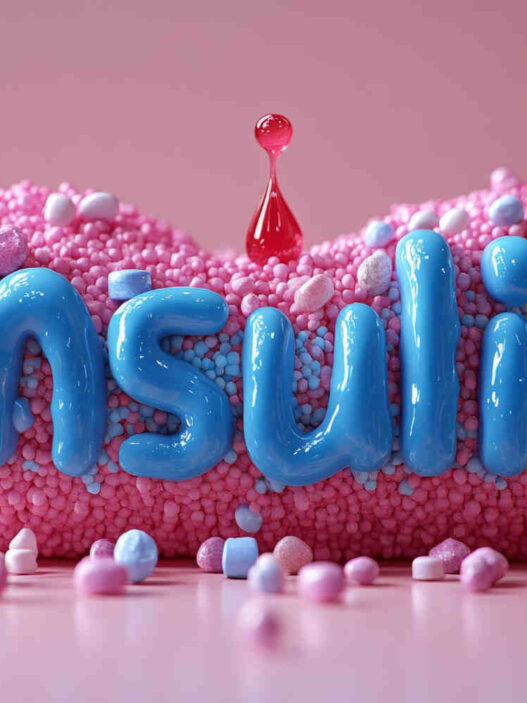In the realm of hormonal health, testosterone stands as a pivotal player, especially in men’s health. Its influence stretches beyond mere physical attributes, impacting mood, energy, and overall well-being. Yet, in the hustle of daily life and amidst prevailing health myths, many inadvertently adopt lifestyle habits that undermine their testosterone levels. Let us navigate the testosterone terrain by delving into the crucial role of testosterone, the common pitfalls that can lead to its decline, and practical strategies to maintain or enhance its levels. Also know about TRT.
Understanding Testosterone and Its Importance
Testosterone is responsible for the development of male reproductive tissues, such as the testes and prostate, as well as promoting secondary sexual characteristics like increased muscle and bone mass, and the growth of body hair. Testosterone not only defines several physical characteristics in men but also plays a vital role in the maintenance of mental health and emotional stability. Testosterone also plays a role in regulating mood, energy levels, and overall well-being.
When testosterone levels are low, it can have a significant impact on various aspects of health. Low testosterone is not just a number on a medical chart; it’s a condition that can deeply affect a person’s quality of life, from diminishing their sex drive to sapping their energy for daily tasks. Low testosterone levels can lead to decreased libido, erectile dysfunction, reduced muscle mass, increased body fat, and even mood disturbances such as depression and irritability.
Interestingly, the conversation around testosterone levels has evolved, with increasing awareness about its critical role across various life stages, not just in older adults but also in younger individuals facing health challenges.
For those experiencing low testosterone, Best TRT offers testosterone replacement therapy online. Their platform will give you easy access to medical professionals and personalized treatment plans from the comfort of your home. This can be especially beneficial for those who have busy schedules or live in areas with limited healthcare options.
Common Mistakes That Negatively Impact Testosterone Levels
It’s crucial to be aware of lifestyle factors that can adversely affect your testosterone levels. Here are some common mistakes to avoid:
Sedentary Lifestyle and Lack of Exercise
Leading a sedentary lifestyle and not engaging in regular physical activity can contribute to low testosterone levels. The modern lifestyle, characterized by long hours of sitting and minimal physical exertion, poses a significant risk to testosterone levels, making it imperative to seek out ways to stay active. Exercise, especially resistance training and high-intensity interval training, has been shown to have a positive impact on testosterone levels.
Poor Diet and Nutrition
A diet high in processed foods, unhealthy fats, and low in essential nutrients can negatively affect testosterone levels. The global shift towards fast food and convenience eating further exacerbates this issue, highlighting the need for nutritional education and a return to whole, unprocessed foods. It’s important to consume a balanced diet that includes a variety of fruits, vegetables, lean proteins, and healthy fats to support optimal hormone balance.
Chronic Stress and Lack of Sleep
Chronic stress and inadequate sleep can disrupt hormone levels, including testosterone. In our fast-paced world, where stress is often a constant and sleep is sacrificed for productivity, recognizing the need for balance is crucial for hormonal health. Managing stress through relaxation techniques and ensuring adequate sleep is essential for maintaining healthy testosterone levels.
Overconsumption of Alcohol and Substance Abuse
Excessive alcohol consumption and substance use can have detrimental effects on testosterone levels. Social norms and pressures can sometimes make moderation challenging, but awareness and self-care are key to avoiding the negative impacts on testosterone levels. Alcohol can disrupt hormone production and metabolism, while substance use can lead to hormonal imbalances.
How to Avoid These Mistakes and Improve Testosterone Levels
Incorporating Regular Exercise and Physical Activity
Engaging in regular physical activity, including both cardiovascular and strength training exercises, can help optimize testosterone levels. Finding activities that you enjoy can make regular exercise less of a chore and more of a rewarding part of your daily routine. Aim for at least 150 minutes of moderate-intensity exercise per week, along with two or more days of strength training.
Following a Balanced and Nutritious Diet
Prioritize a diet rich in whole foods, including plenty of fruits, vegetables, lean proteins, and healthy fats. Understanding the power of nutrition on hormonal health can transform your approach to eating, making it a vital tool for testosterone maintenance. Avoid processed foods and excessive sugar, as these can negatively impact hormone balance.
Managing Stress and Prioritizing Sleep
Incorporate stress-reducing activities such as meditation, yoga, or deep breathing exercises into your daily routine. Creating a stress management plan that fits your lifestyle and preferences can make a significant difference in your overall health and testosterone levels. Additionally, aim for 7-9 hours of quality sleep each night to support healthy hormone production.
Limiting Alcohol Consumption and Avoiding Substance Abuse
Moderate alcohol consumption is key to maintaining healthy testosterone levels. Developing a healthy relationship with alcohol and being mindful of its effects on your body can help you make informed decisions about consumption. Limiting alcohol intake and avoiding substance abuse can help prevent hormonal imbalances.
When to Seek Professional Help for Low Testosterone Levels?
If you suspect that you may have low testosterone levels, it’s important to be aware of the signs, including decreased libido, fatigue, and mood changes. Acknowledging these symptoms and seeking professional advice early can prevent long-term health issues and improve your quality of life. In such cases, seeking professional help is crucial.
Testosterone replacement therapy (TRT) may be recommended for individuals with clinically low testosterone levels. TRT is not a one-size-fits-all solution but a personalized approach that requires careful consideration and medical oversight. TRT can help alleviate symptoms associated with low testosterone and improve overall well-being. It’s important to consult a healthcare professional for personalized advice and to determine if TRT is the right option for you.
Conclusion
Managing testosterone levels is essential for overall health and well-being. By understanding the factors that influence testosterone and actively engaging in healthy lifestyle choices, you can navigate the testosterone terrain with confidence. By avoiding common testosterone mistakes, incorporating healthy lifestyle habits, and seeking professional help when needed, you can optimize your testosterone levels and support male hormone balance.
Disclosure – This is a sponsored post. The product/ services belongs to a third party, and we have neither used nor endorsed any product/service. The views expressed are of the sponsor/author/third party and not of Healthieyoo’s editorial team. We disclaim any and all liability to any party, person, company, or product for any direct, indirect, implied, punitive, special, incidental, or consequential damages arising either directly or indirectly due to the use of content published in this article. The publishers of this website take no responsibility for any health issues, personal injury, death, disability, or any other harm due to the content on our website or any advice or opinion expressed on our website. Please consult your healthcare professional before undergoing any treatment or consuming any supplement or medication or making any decision related to your health. Please also read our medical disclaimer”.
James Harrington stands as a leading authority in Testosterone Replacement Therapy (TRT). With rigorous academic training and deep-rooted experience in health and wellness, he offers unparalleled expertise to Best TRT.











